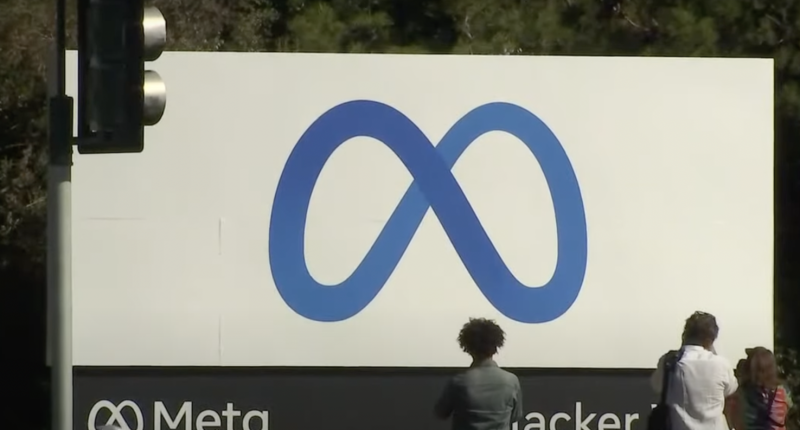A consortium comprising more than 80 prominent media outlets in Spain has filed a significant lawsuit against Meta Platforms, the parent behind Facebook, Instagram, Whatsapp and the likes. The Asociacion de Medios de Informacion (AMI), representing a diverse array of media entities, has alleged that the social media company has violated European data-protection laws and gained an “unfair” advantage in the advertising market. The lawsuit marks a pivotal moment in the massively active ongoing debate over user privacy and corporate responsibility.
The legal action of the AMI (which includes the likes of El Mundo, El Pais, El Economista, Cinco Dias and some of Spain’s largest media publications) centers on the assertion that Meta Platforms failed to adhere to European data-protection regulations that necessitate explicit user consent before employing personal data for advertising profiling. The consortium contends that Meta’s practices, spanning a considerable duration from May 25, 2018, to the present year, involved a “massive” and “systematic” use of personal data without the requisite user approval.
The lawsuit is currently seeking more than €550 million (equivalent to approximately $598.6 million). The substantial financial claim is based on the perceived impact of Meta’s actions on the competitive landscape of the advertising market, asserting that the unauthorized use of personal data provided Meta with an “unfair” advantage, thereby violating the EU General Data Protection Regulation (GDPR).
AMI’s legal challenge encompasses a significant timeframe, emphasizing the persistence of Meta’s alleged non-compliance over several years. The duration from 2018 to the present year highlights the consortium’s commitment to addressing what they deem as long-standing and pervasive violations of data protection regulations.
The lawsuit also delves into the broader consequences of Meta’s actions on the sustainability of Spain’s media landscape. AMI argues that Meta’s practices, by potentially jeopardizing the economic viability of traditional media outlets, have raised concerns about the fairness of competition within the advertising industry.
The Facebook-parent, at present, has refrained from providing an official response, citing a lack of formal documentation. The legal action comes in the wake of a pivotal decision by the European Union’s top court, which emphasized the necessity of user consent for certain targeted ads based on online activity. This decision sets a significant legal precedent, and the ongoing lawsuit against Meta will likely be closely scrutinized for its interpretation and application of data protection laws.
Earlier, in response to increasing regulatory scrutiny, Meta had already announced a shift in its business model for European users in October. The company now provides users in the European Union with the option to choose between using Facebook or Instagram for free with ads or opting for a subscription-based model without ads.





